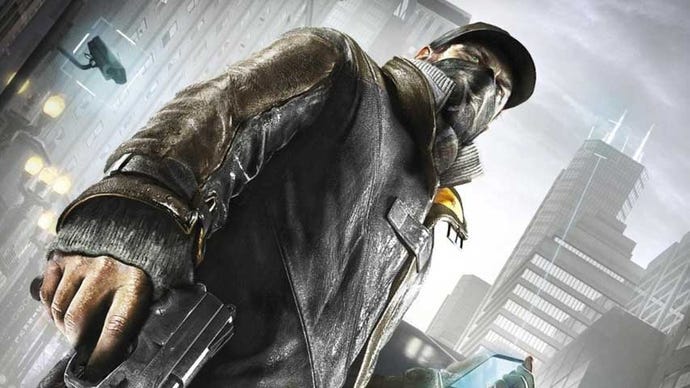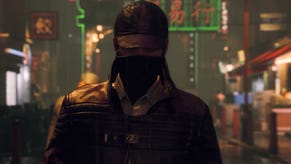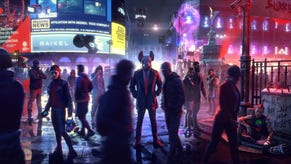Nvidia fires back at AMD's Watch Dogs claims
Nvidia has responded to claims from AMD's Robert Hallock that the firm's GameWorks tech and collaborations with developers could cripple the entire PC ecosystem.
Check out our initial article if you missed Hallcock's original statements, as they're pretty damning, going so far as to suggest that Nvidia GameWorks-enabled titles will deliberately cripple rival AMD cards, ensuring weaker performance.
Now, Forbes has reached out to Nvdia's director of engineering, developer technology Cem Cebenoyan to get some clarity on the matter.
He started by stressing that developers don't need to be GameWorks partners to receive guidance from Nvidia, and that there is no outright favouritism. Citing Watch Dogs, Cebenoyan confirmed that his firm will often get involved in a game's development long before it's revealed, as was the case with Ubisoft's title.
The discussions will extend to code and design teams, while sharing insight on performance and features, before returning much later in the development cycle to fine-tune elements such as particle effects and lighting. In the case of Watch Dogs again, Cebenoyan confirmed that Nvidia engineers were on-site at Ubisoft Montreal for one or two weeks, a practice that is apparently not uncommon.
On Hallcock's claims that Nvidia GameWorks titles will purposely run less-efficiently on AMD cards, and that AMD is restricted in updating drivers to help games run smoother, Cebenoyan responded with alleged confusion.
“I’ve heard that before from AMD and it’s a little mysterious to me," he said. "We don’t and we never have restricted anyone from getting access as part of our agreements. Not with Watch Dogs and not with any other titles.
"Our agreements focus on interesting things we’re going to do together to improve the experience for all PC gamers and of course for Nvidia customers. We don’t have anything in there restricting anyone from accessing source code or binaries. Developers are free to give builds out to whoever they want. It’s their product.”
When it was suggested that AMD's issue may have come from the company being unable to access the game's source code to make suitable drivers, Cebenoyan replied, sating that most developers don't relinquish their source code.
Forbes pressed the matter and asked if, should AMD contact Ubisoft to say that it has some ideas on how to get Watch Dogs running better on its tech, would Nvidia allow it.
“Yes,” he responded. “They’re absolutely free to.”
They then asked if there's anything within Nvidia GameWorks that disables or hinders AMD card performance.
“No, never," he replied.
When the theoretical tables were turned and Cebenoyan was asked about any difficulties experienced at Nvidia while trying to access or optimise AMD-partnered titles like Tomb Raider, he said, "It varies. There have been times it’s been more challenging because of what we suspect stems from deals with the competition.
"It doesn’t happen often. But when it does there’s a fair amount of scrambling on our part. I can tell you that the deals that we do, and the GameWorks agreements, don’t have anything to do with restricting anyone’s access to builds.”
There you have it folks. What do you think about the back and forth between Nvidia and AMD?









